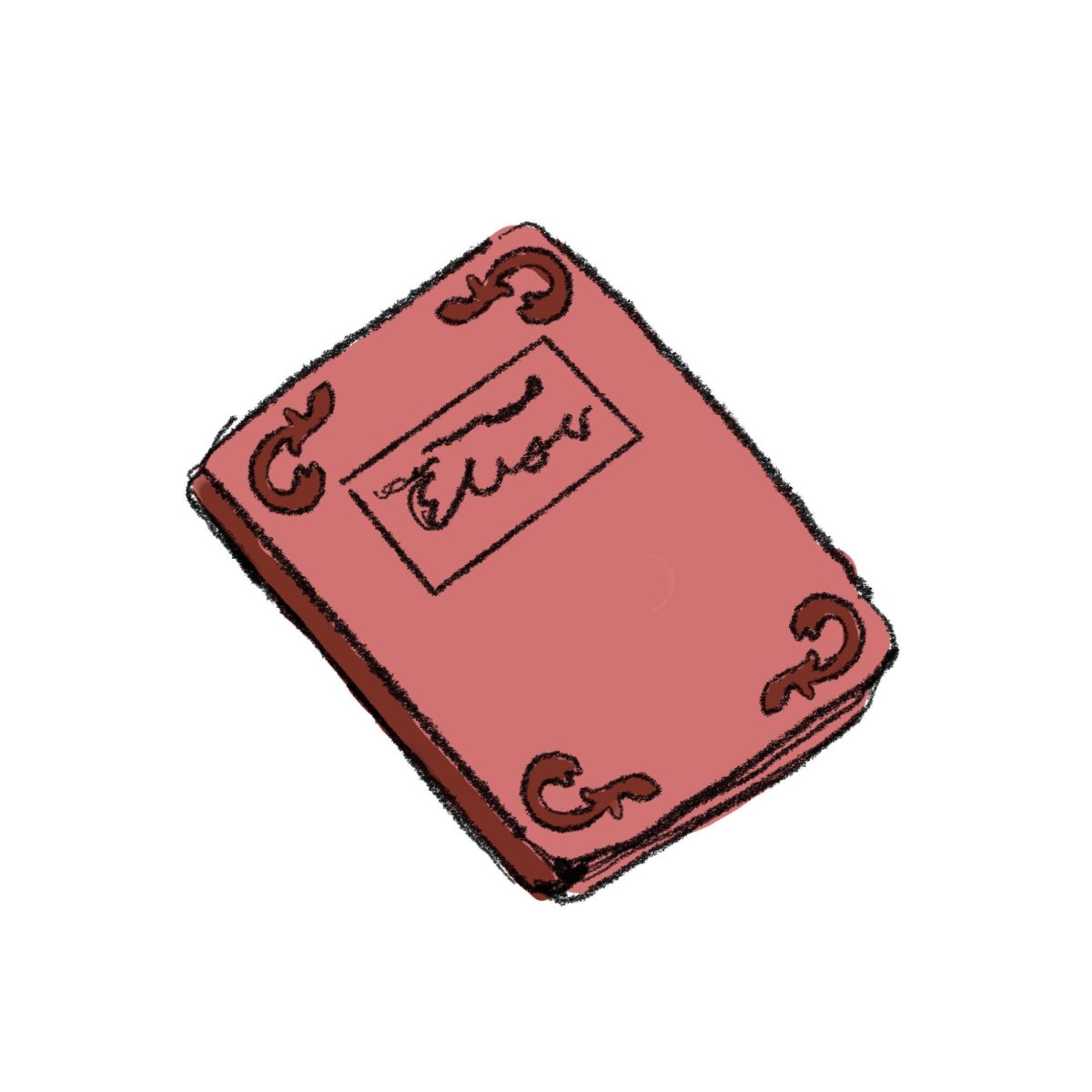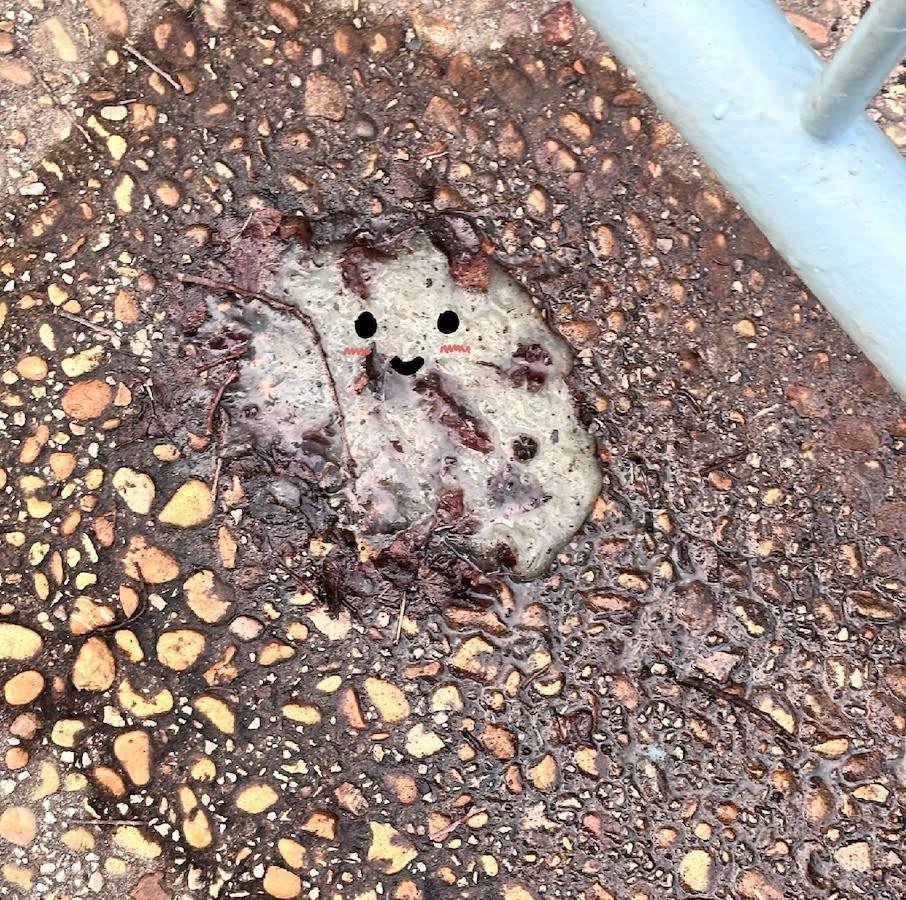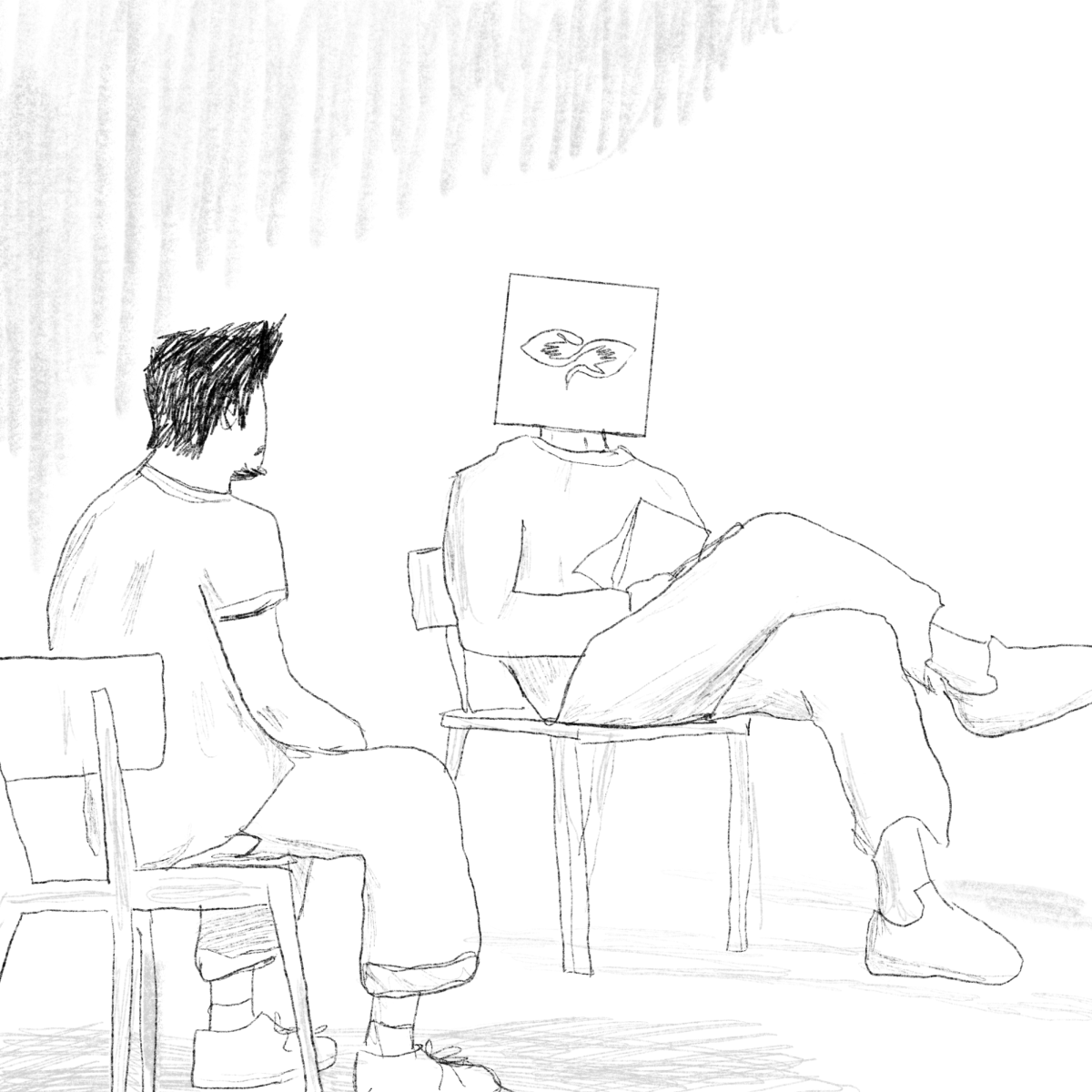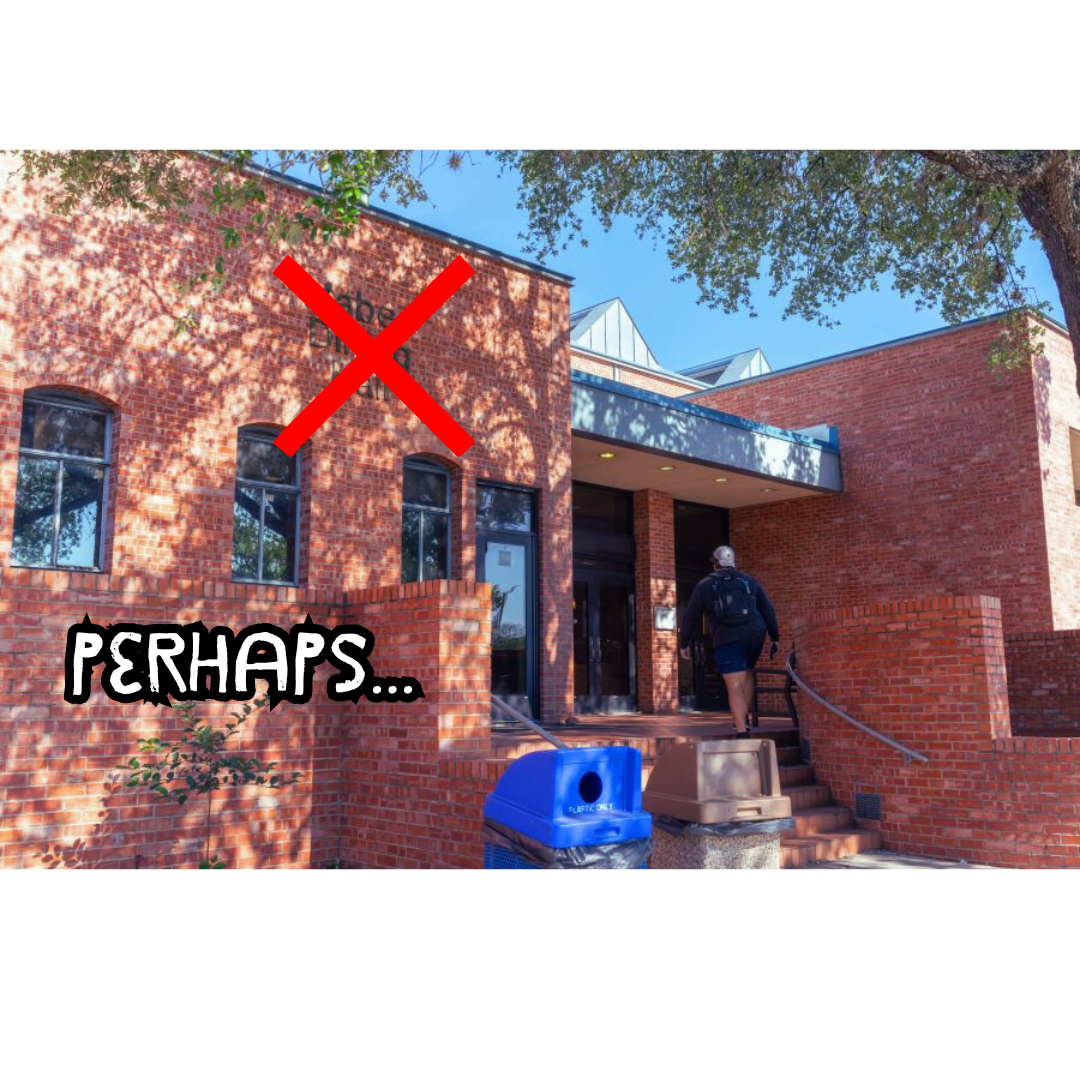Though résumés are an important part of securing a job, employers usually want to know more about a candidate than just what one or two pieces of paper can tell them. That is where the interview comes in. It is here that a lot of students make mistakes that lessen their chances of earning a job.
“On average, it takes about six months to get a job, and it takes three to six months to get an internship. Even for really top-notch candidates, it takes time. Every year we get students that wait until April to come see us, and they haven’t done anything. They’re going to struggle, and they’re probably going to end up going home to live with their parents for a few months while they’re trying to figure out a job,” said Brian Hirsch, director of Career Services.
Delta Epsilon Iota, a co-educational professional honor society, has a strong partnership with Career Services. Among other requirements, members of DEI are required to complete an updated résumé review and a practice interview. With career-oriented requirements such as these and close collaboration with Career Services, DEI hopes to prepare students for all aspects of their future careers.
Junior Makenzi Lindamood, recruitment officer for DEI, believes it is smart to make consistent use of Career Services early on at Trinity.
“It’s so important to have regular meetings with Career Services. I suggest sophomores start going and taking the personality tests so they know what majors they should be doing, what internships they should be looking at and what field they want to go into. That way they aren’t terrified when they’re seniors and they finally have to start going to Career Services and they end up with culture shock when they walk in,” Lindamood said.
With summer approaching, students looking into internships or jobs have even more reason to visit Career Services. The staff of Career Services can look over résumés and help students find internships in the region of their choice.
“I would apply [for a summer job] as soon as possible. There are some summer jobs that open up a year before, depending on how prestigious they are. I know I made the mistake once of waiting to apply for a job after December, and the application ended mid-October. I would get an idea of what you want to do, find the programs you want and then just meet the deadlines,” said senior Nick Honegger, finance officer for DEI.
Lindamood also said the time to apply for summer work is now, and she added a disclaimer about what students should look for when applying for a position.
“Some jobs have a rolling application deadline, which means that they fill as soon as someone qualified is found, so you have to apply ASAP,” Lindamood said.
Hirsch, Honegger and Lindamood all agreed that preparation is the key when it comes to interviews.
“One of the things that surprise a lot of people is the amount of preparation that goes into just getting ready for the interview before you ever sit down with the person that’s interviewing you. You should know where you’re going, especially if you’re going to a location you’ve never been before, because if you’re rushing around trying to find the place, that’s going to make you even more nervous,” Hirsch said.
Lindamood pointed out that how a person decides to dress for an interview is also a huge part of the preparation involved. However, many people forget this basic concept, and they end up presenting themselves in a way they did not intend.
“We’ve actually talked to a lot of employers, and they said they are amazed at the amount of college students who come into interviews in jeans and t-shirts and flip-flops,” Lindamood said.
During the interview, employers like to see what people’s personalities are like and learn about a few of their tendencies, so candidates should use questions to their advantage to reveal their character and how it could fit in at the organization.
“I would say it’s important to be yourself, which sounds ridiculous, but I think what students sometimes do is get caught up on an exact list of things they have to specifically say during the interview. Let yourself come through, because I think employers want to see a genuine person, but still answer the questions without sounding silly. Don’t try and hide who you really are because they’ll find out eventually, and if they hate you they’ll just fire you later,” Honegger said.
Students who have little to no paid work experience should not fret when it comes to applying for jobs. As long as they have participated in extracurricular or volunteer activities, they can apply those experiences to traits employers look for in the workplace.
“Be able to pitch yourself. I think too many times college students think if they don’t get paid for something, they don’t really have anything to show for it and employers won’t be impressed. Take something like Habitat for Humanity. That’s construction work with an emphasis on teamwork and teambuilding that’s practical to the real world. Employers like to see students use their experiences with things like that to make themselves stand out in the job market,” Honegger said.
One of the most common questions asked during interviews requires the candidate to talk about his or her strengths and weaknesses. When asked this question, it is important to think about how these strengths and weaknesses would apply to the job instead of focusing on how they affect a person in general.
“You should be prepared to be able to discuss what you believe your professional strengths and weaknesses are, and the emphasis there is on professional. People will say all sorts of things, especially on the weaknesses thing, that really are not appropriate for a job interview and throw up red flags. You want to be prepared by knowing about the organization that you’re interviewing with, and you should have an understanding of what the job is as much as you can,” Hirsch said.
At the end of the interview, the interviewer will often ask job candidates if they have any questions of their own. Candidates who come to the interview with questions demonstrate initiative and prior research on the company and the position.
“You should be prepared to ask good substantive questions about the work, not how many vacation days you get. You should have questions even if you don’t have questions because that shows preparation, research and interest,” Hirsch said.
When people finally do get jobs, they should always keep records of what work they are doing and note any of their accomplishments in the workplace.
“When you’re out working part-time or in an internship, try to pay attention to results that are associated with the work that you do. If I’m interviewing you for a job, ultimately I would like to hire you to get a result, so if you’re able to show results on your résumé and able to talk about that in an interview, it’s going to make a huge difference,” Hirsch said.
Hirsch believes that the education of Trinity students aids them in the job application process and beyond in professional settings.
“Trinity helps you because the common curriculum makes you work with people who think differently than you, and that’s helpful because not all of your clients are going to think like you or follow the way you like to think,” Hirsch said.
This month, Career Services has several events for students to participate in. At 6:30 p.m. Wednesday, Feb. 13, Career Services will host Dress to Impress, and the Spring Career Fair begins at 11 a.m. Wednesday, Feb. 20. During spring break, there will be three Making Connections programs happening across the country: one in San Francisco, one in New York and one in New England.
Career Services is open from 8 a.m. until 5 p.m., from Monday through Friday and walk-in hours are from 1:30 to 4 p.m. Monday through Friday. For more interview tips, students can visit http://web.trinity.edu/x6363.xml.







